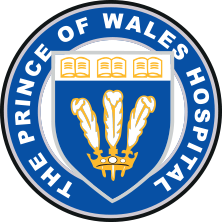After your surgery
It is normal for you to have pain after your surgery. Your nurse will give you pain medicines. Treating your pain helps you move around, take deep breaths and be more comfortable. It also helps you recover from your surgery.
You may be given pain medicine regularly or you may need to ask your nurse for pain medicine. If you normally take pain medicines at home, please let your doctor know. Do not take your own pain medicine while you are in hospital.
For mild to moderate pain, you may be given paracetamol or an anti-inflammatory. For severe pain you may also be prescribed an opioid.
What is an opioid?
How long should I use the opioid medicines for?
What are the common side effects of opioids?
|
When you leave hospital ask your doctor for a written pain management plan. This will help you manage your pain medicines when you are at home.
Read our guide to managing pain after surgery.
If you are having a big operation, such as open abdominal surgery, your anaesthetist may prescribe you Patient Controlled Analgesia (PCA). This is a machine that delivers pain medicine to you when you press a button. Your Doctor will order the amount of pain medicine to be delivered by the PCA machine. Read this fact sheet on PCA and talk to your anaesthetist.
Our health staff will tell you if you had an epidural and spinal injection during your surgery. This would have been to give you medicines to help relieve your pain. Read this guide to learn about symptoms to be aware of.
You may have been told by your doctor that you will need to stay in the Intensive Care Unit (ICU) or High Dependency Unit after your surgery. These units provide critical care, life support and more intensive medical treatment and nursing care.
Read our guide on ICU for patients and their support people.
One of the most important things you can do after your surgery is gentle movement such as walking and sitting out of bed. You can start this the morning after your surgery.
Early movement helps to:
- improve blood flow around your body
- exercise your lungs and prevent a chest infection
- maintain muscle strength and length
- support digestion.
This video demonstrates the exercises you can do before and after your surgery to help prevent complications. Find more information about physiotherapy on our webpage 'Preparing for Surgery.'
